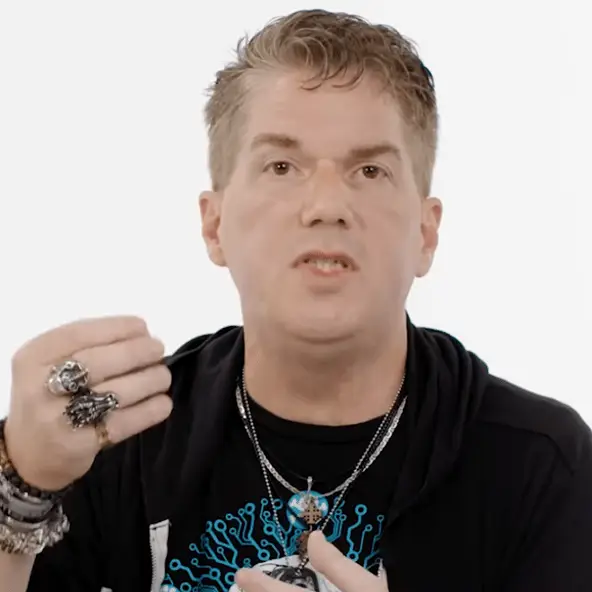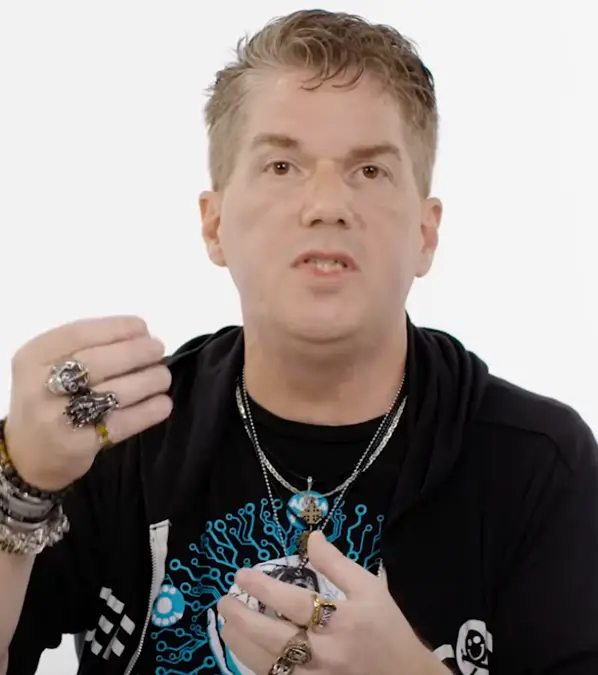
Cybersecurity is becoming more important every day.
With hackers and scammers getting smarter with their tactics, we are having to double down on recognising the signs of a scam and keeping our data safe and secure.
A professional hacker advises how to keep something as simple as your home Wi-Fi safe. You might think it's secure with a password but it can be surprisingly easy to hack if not properly protected - or in the wrong hands.
Hacker and expert security consultant Jayson E. Street joins WIRED to answer questions on X (formerly Twitter) about his work in penetration testing.
Advert
'First off, what is penetration testing?
Penetration testing is basically a company hiring a hacker or security professional to test their security by breaking in,' Jayson explained in the Q&A session.
This can be done either through the website, internal networks, or even entering the building itself.
So he knows all about hacking and keeping things as secure as possible.
To find out if your Wi-Fi is being hacked, Jayson says it’s pretty 'simple' and doesn’t require any special tech skills.
All you need to do is go to your router’s web interface and look for the section that shows ‘devices connected.’ Check for any device names you don't recognise.
'If it's got a name that you've never seen before or too many devices, you know something's up,' Jayson added.
It also goes without saying to use a strong, secure password for your home Wi-Fi.

Most routers come with a default random password, but it’s a good idea to change it to something unique that only you know. And you can be sure no one has unauthorised access.
It should be as random and non-sequential as possible, according to password manager Nordpass. That means no words or phrases that link to you like birthdays or pet names. And it should contain special characters for maximum security.
Jayson also covered the dark side of what hackers do with your data if it gets stolen.
Well, it's actually not worth 'that much' by itself, according to the professional hacker. 'They bundle it up and sell it in bulk.'
The worrying part is: 'What they can do with that information is not just open up lines of credit, they can try to go get passports, get identities or try to create and assume your identity,' he added.